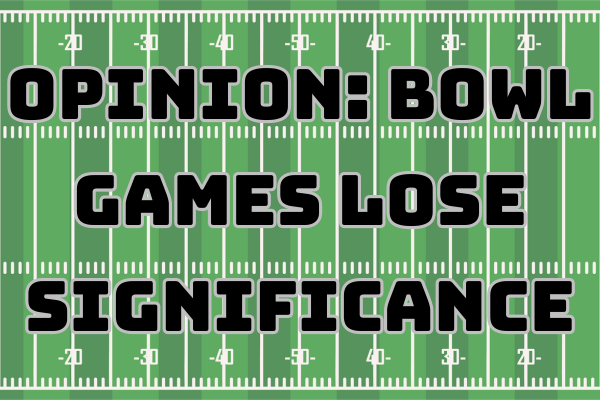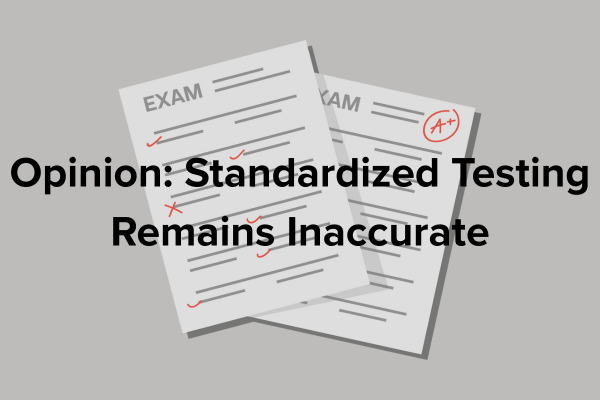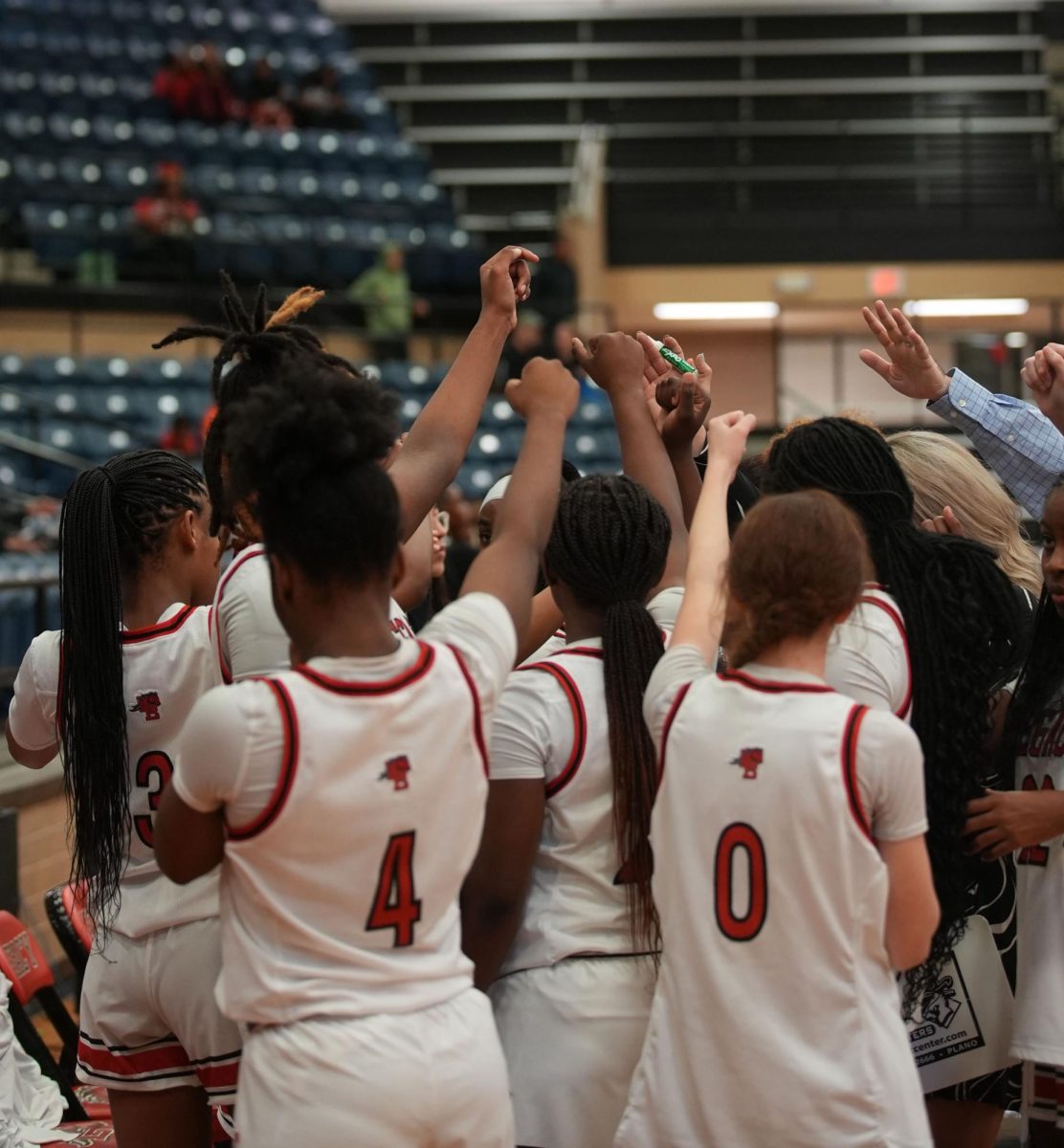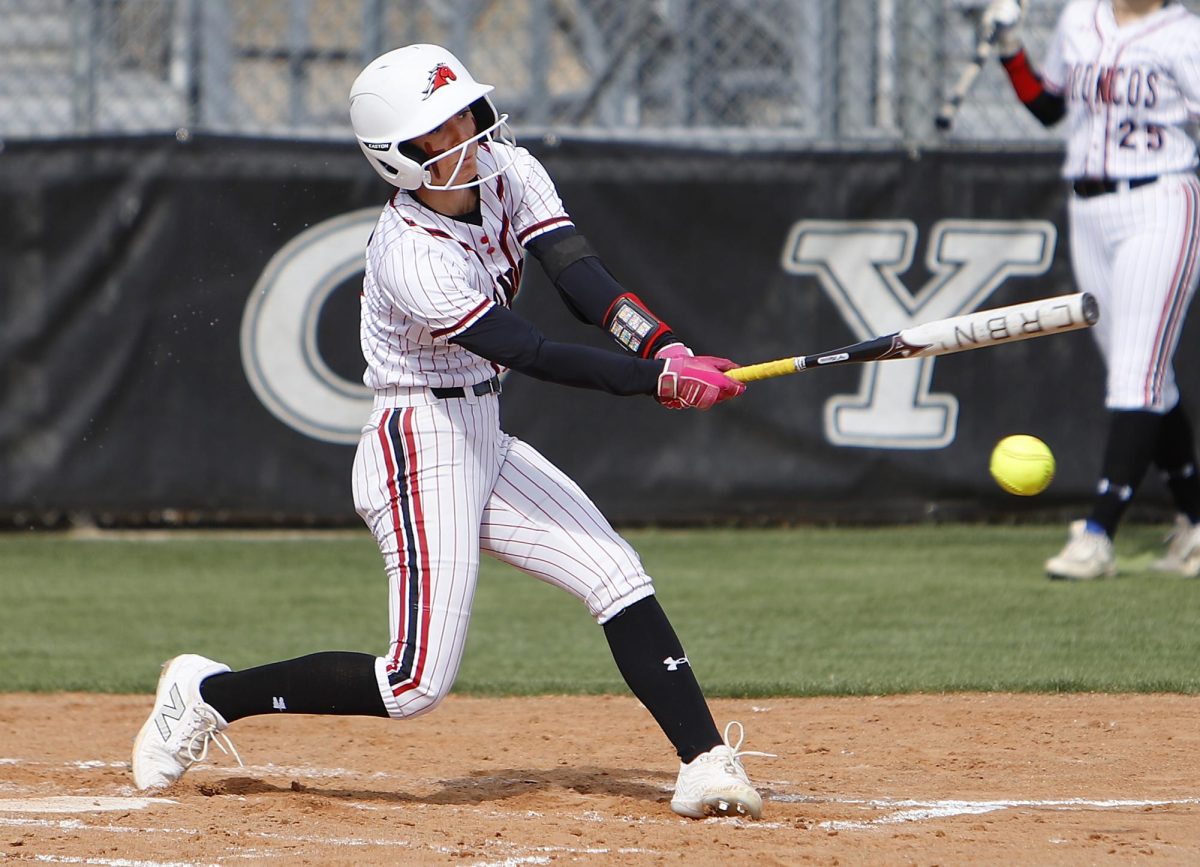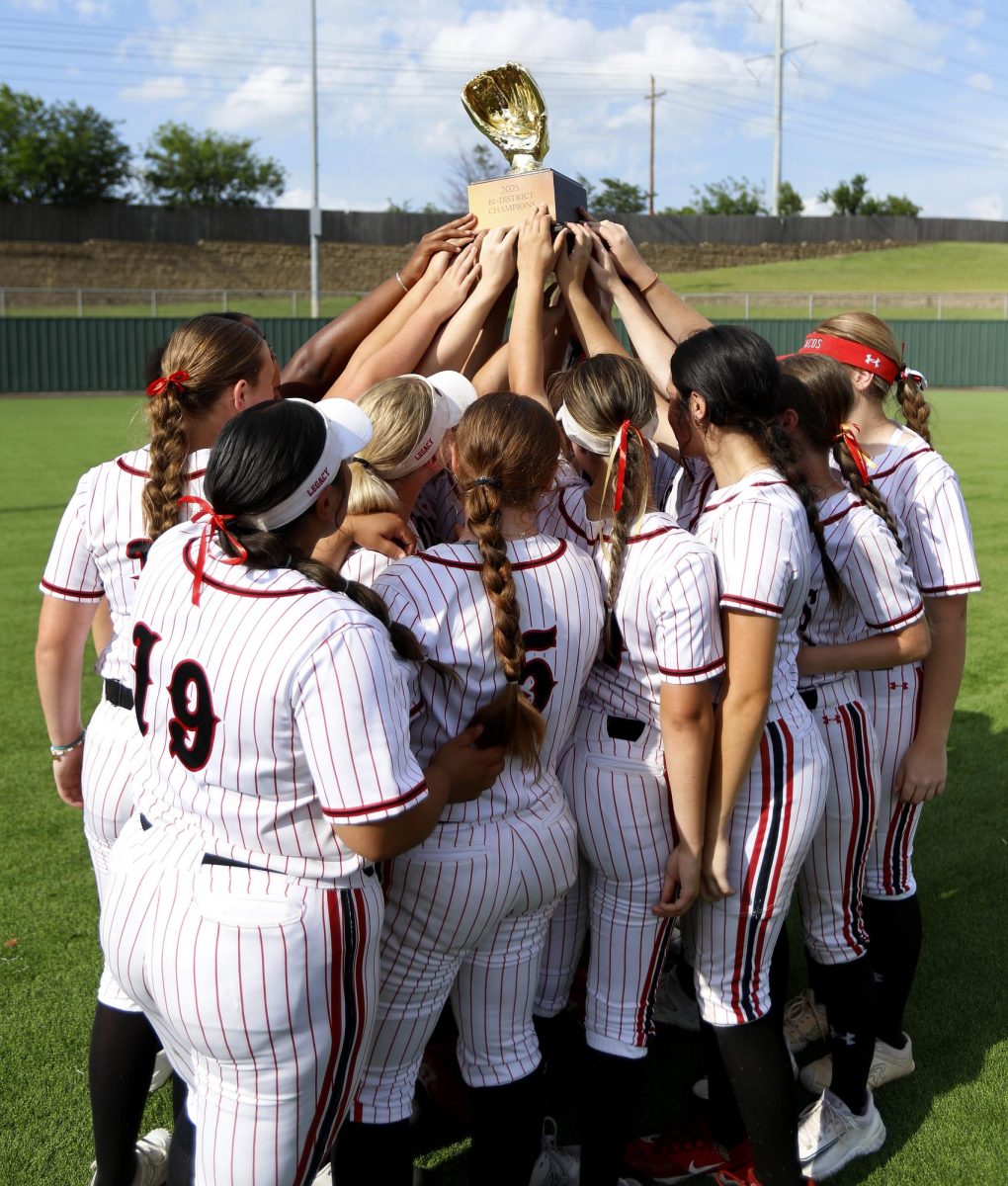Since 1902, college football has been defined by one thing: bowl games. Teams strive each year to make a “good” bowl, the playoff bowls being the ultimate goal. On Jan. 1, 1902, the first Rose Bowl ended with the Michigan Wolverines winning 49-0. The tradition of bowl games used to be of the utmost importance to players and coaches, but things have changed.
As I watched the plethora of bowl games this winter, the significance issue actually begins there. Companies see bowl games as a way to market their brand by slapping their name on a new bowl game. Not only does this result in awful bowl names (no one wants to play in the Radiance Technologies Independence Bowl or the Famous Toastery Bowl) but also the creation of far too many bowls, negating the accomplishment that comes with becoming bowl-eligible. The eligibility mark of 6-6 isn’t an issue, but by raising it, games may be more competitive. This issue only exists outside of the New Year’s Six bowls, as the NY6 bowls typically remain far more competitive than standard bowls.
Another minor problem in the grand scheme of things is bowl placement, both location and matchups. For example, in the Texas Bowl, Oklahoma State beat Texas A&M 23-31. This game was played about an hour and a half away from College Station at NRG Stadium in Houston, as opposed to the eight-hour drive from Stillwater. This “home-field advantage” did not pan out for the Aggies after their quarterback went down in the first quarter, but the Fenway Bowl in Boston was a different story. Boston College and SMU played in the Fenway Bowl in the historic Fenway Park, and Boston College won 23-14. SMU was favored going into the game, but did the professionals account for SMU traveling cross country to play a team that was essentially playing on their campus? Bowl games are supposed to be played at a neutral location, but this principle seems to have disappeared.
On an individual level, players simply are not participating in bowl games. Players opt out for a variety of reasons including but not limited to injury risk and NFL draft preparation. Players not playing in CFP bowls are playing with nothing on the line, so although it makes sense for them to not play, it ruins the experience for the fan and causes reason to question why the games are being played in the first place. This practice was popularized by future NFL star Christian McCaffrey and Leonard Fournette in 2016 and has since spiraled to multiple Heisman candidates each year opting out of postseason games. Players are forced to choose between the team and themselves. If they would rather stay safe for their future or play with their team one last time. For a 20-year-old kid with a promising multimillion-dollar contract in the future, the choice seems easy for them. This year, Marvin Harrison Jr., Jayden Daniels and Brock Bowers were among the biggest names to opt-out. Harrison and Daniels were in the Heisman race and Bowers is arguably the best tight end in his class, some fans come out to games specifically to see them. The late Kobe Bryant used to play as many games as possible, regardless of pain or “load management” because he understood that families and parents were spending a fortune just for the chance to see him play, and if these college kids realize this they may reconsider not playing.
The transfer portal has done wonders for college sports, both good and bad. In relation to college football, there is no rule prohibiting players who enter the portal prior to the bowl games from playing. However, almost all who do enter the portal do not play, and as a coach most would not allow it. No one wants a player who has already checked out of the team to go to battle in an irrelevant game.
Now, in order to make these games matter, the solution is simple: move bowl games to the beginning of the following season. I understand that some players from the qualifying would not be able to play, but once the system is implemented it will even out. By moving the games to the beginning of the year, it would replace opening week. In the last few years, it has become common for Power 5 teams to schedule extremely easy, unfair games. For example, Oklahoma (who finished as a top 15 ranked team) beat Arkansas State, and FCS school, 73-0. Games like these benefit no one, winners or losers. If they played the bowl game in August, it would allow for the team to enter the season playing a somewhat evenly matched competitor and give both the bowl game and opening week more value. Giving the teams something to play for beyond pride as a hard-fought win provides more momentum and preparation for the rest of the season. Although we have gone too far down the opt-out road to change anything, all hope isn’t lost for bringing importance back to the defining characteristic of college football: bowl games



